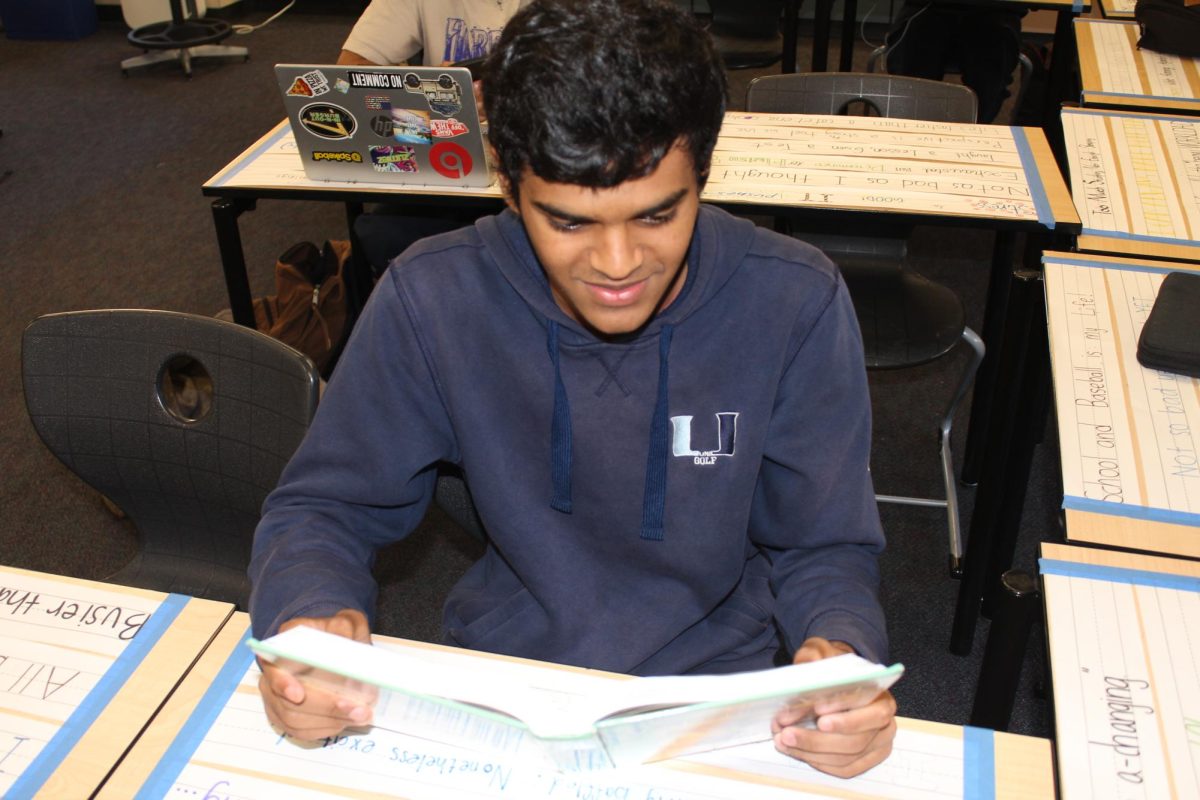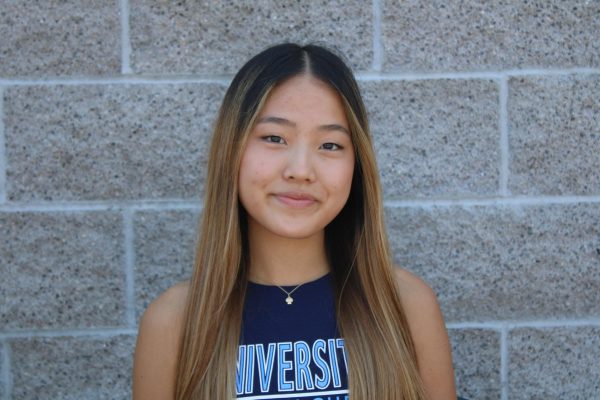Following the COVID-19 pandemic, homeschooling has become increasingly common, leading many to consider different schooling options. Due to the social interaction and diverse perspectives involved with in-person learning, traditional schooling is the best education model.
An advantage of traditional schooling is the opportunity for students to develop interpersonal skills. With in-person learning, students can interact with a diverse group of peers and learn the building blocks of communication and teamwork. This setting enables students to glean knowledge from their peers, thus preparing them for a bright future.
During my freshman year at a public school, I encountered personal challenges in being confident enough to immerse myself in a social setting, often feeling more reserved and inclined to stay to myself. Over time, I learned to make friends with the people around me and realized not only how enjoyable it is, but also how beneficial it is for personal growth. As I gradually broke out of my shell due to the diverse social atmosphere, another significant advantage of in-person learning emerged: the exposure to a multitude of unique perspectives. I saw firsthand how much I could learn from others and how interesting it is to hear other viewpoints on different situations.
According to US News, approximately 66.6% of the student body consists of a minority race, 44.8% being Asian, 10.3% Hispanic and 2.6% Black. The statistics at UHS represent remarkable similarities, clearly demonstrating that the community has a wide range of ethnicities, meaning a wide range of beliefs and mindsets. This “melting pot” of cultures is beneficial for different students to learn and grow together.
At most traditional schools, many students come from various backgrounds and cultures, ultimately fostering a rich learning environment. Students can participate in discussions, hear different viewpoints and broaden their knowledge of the world around them. This experience can not only help students become more open-minded but also become more perceptive to society.
Regardless, it is still important to note that every student is unique and homeschooling can be a good option for a specific child. Homeschooling provides an environment that can be tailored to meet the specific pace of individual students, allowing for personalized attention and a curriculum adjusted to suit each student’s learning style. However, there are significant limitations and drawbacks to this approach. Personalized attention might inadvertently shelter students from the challenges and dynamics of a broader social environment, which are integral to personal growth and development.
Moreover, the lack of standardization in homeschooling might lead to educational gaps or variations in the quality of education. Traditional educational institutions often have qualified teachers who specialize in teaching a certain subject, while following an established curriculum. This ensures a more comprehensive learning experience across various subjects, which is not guaranteed with homeschooling.
In conclusion, the debate between traditional schooling and homeschooling reflects the multifaceted nature of education. While homeschooling may provide greater flexibility for individual students, the social interaction, diverse viewpoints and supportive system inherent in traditional schooling render it a more advantageous choice for many.











